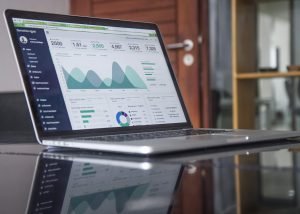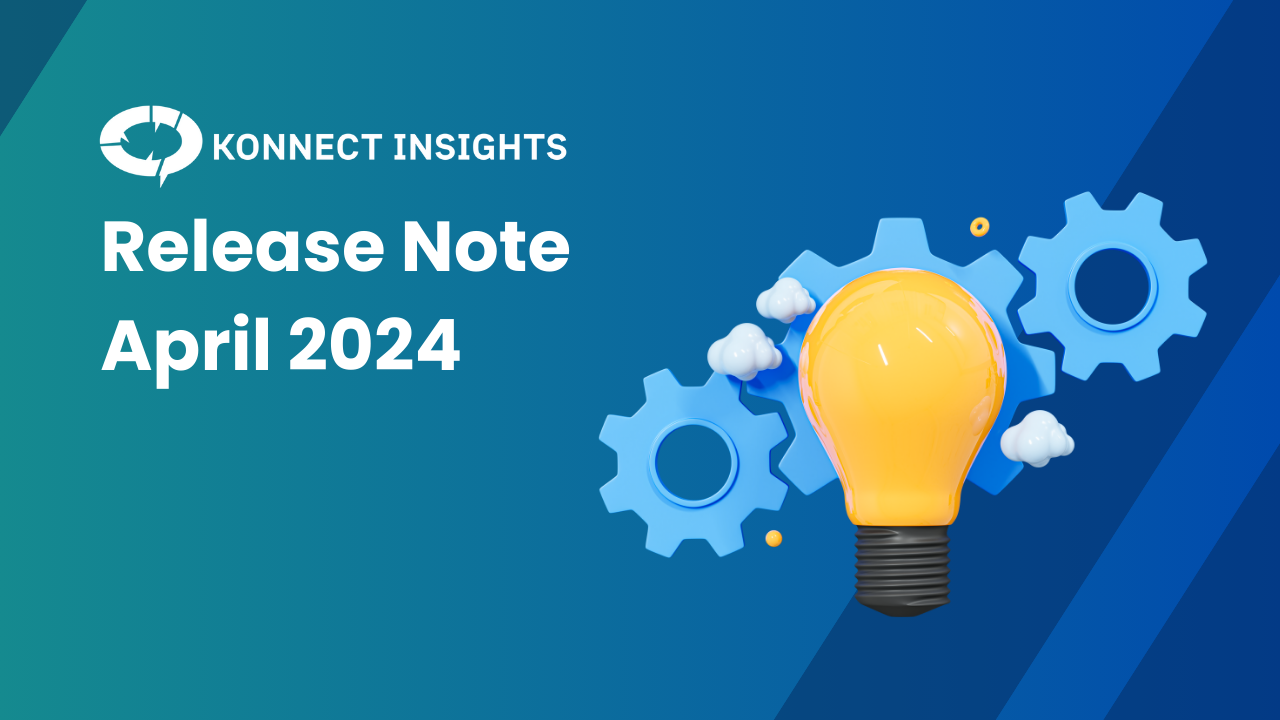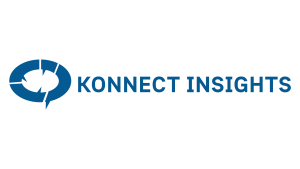In today’s digital landscape, where every click, scroll, and interaction matters, understanding your audience’s actions on your website has never been more critical. As the digital realm continues to evolve, businesses and individuals alike are seeking tools to monitor website visitors.
Statistically, with an average of 82.58%, the travel industry has one of the highest bounce rates in the Real Estate Industry. We can see the relevance of bounce rates here. But how do you go beyond the surface and gain in-depth insights into what your audience does once they land on your site? That’s where website analytic tools and tools to check visitor data come into play.
In this article, we’ll get into the world of tools that can be used to monitor and evaluate your social media audience’s actions on your website.
How to Monitor Audience’s Action on Website?
Here are some guidelines on how you can monitor your website performance.
1. Choose the Right Website Monitoring Tools
To monitor your audience effectively, start by selecting the appropriate website monitoring tools. Popular choices include Google Analytics, Matomo, etc. These tools offer comprehensive insights into website traffic, user behavior, and more. Integration with your website is usually straightforward and can be done with the addition of a tracking code.
2. Set Up Tracking and Goals
Once you’ve chosen your tools, configure them to track specific actions and goals on your website. These goals could include form submissions, downloads, or e-commerce transactions. Tracking user interactions like clicks, page views, and session duration provides a wealth of data to understand how your audience engages with your content.
3. Segment Your Audience
Website analytic tools allow you to segment your audience based on various parameters, such as location, demographics, and referral sources. Segmenting your audience helps you tailor your content and marketing efforts to different user groups, ensuring a more personalized experience.
4. Monitor User Flow
Use the tools to monitor the user flow on your website. This feature allows you to visualize the path users take through your site, highlighting popular pages, drop-off points, and conversion funnels. Identifying where users exit your site or abandon a process can help you make necessary improvements.
5. Analyze Behavior Patterns
Dive into the data provided by your website monitoring tools to analyze behavior patterns. Look for trends, such as which pages receive the most engagement, which CTAs are the most effective, and which content leads to the highest conversion rates. Understanding these patterns can guide your content and marketing strategies.
6. Real-Time Monitoring
Many website analytic tools offer real-time monitoring, enabling you to see how users are interacting with your site as it happens. This can be valuable for assessing the immediate impact of a marketing campaign or tracking the performance of a live event.
Do you know the difference between social media monitoring and social listening?
Importance of Monitoring Audience’s Action on Website
In the digital age, where online presence is paramount, understanding the significance of tools to monitor website visitors and evaluate the audience’s actions on websites cannot be overstated. Here’s why it matters:
- Enhanced User Experience: By utilizing website visitor monitoring tools, you gain insights into how users navigate your site. This knowledge allows you to optimize your website’s layout and content, ensuring a seamless and engaging user experience.
- Content Optimization: Audience actions on your website provide valuable data on which content resonates with your visitors. This information aids in content scheduling and helps you create and promote the most relevant and compelling content for your audience.
- Conversion Rate Improvement: Monitoring user behavior allows you to identify bottlenecks and friction points in your conversion funnel. With this knowledge, you can make necessary adjustments to increase conversion rates and drive business goals.
- Tailored Marketing Strategies: Segmenting your audience based on their actions enables you to craft targeted marketing campaigns. Tools for audience actions on the website help in delivering personalized content and offers, enhancing the effectiveness of your marketing efforts.
- Data-Driven Decision-Making: Evaluating the audience’s actions on your website empowers you to make data-driven decisions. This data is invaluable for fine-tuning your strategies, optimizing your website, and achieving your digital marketing objectives.
Tools to Monitor and Evaluate Social Media Audience’s Actions on Website
Read below to learn about the best tools to monitor website visitors easily.
1. Google Analytics
Google Analytics stands as a robust web analytics tool, yielding a wealth of insights into your website’s performance. In your quest to understand how social media visitors interact with your site, it emerges as a powerful ally.
Key Features:
- Measures conversion rates and goal completions, offering a granular view of user actions on your website.
- Offers real-time data monitoring, allowing you to witness and react to live visitor activities as they unfold.
- Provides insights into visitor sources and paths, helping you decode audience journeys and tailor content accordingly.
- Enables customizable reporting and dashboards, giving you the flexibility to focus on the audience actions that matter most.
2. Social Media Insight Tools
Social Media monitoring and Insight Tools like Facebook Insights and Twitter Analytics serve as indispensable resources for monitoring the influence of your social media endeavors on your website’s performance.
Key Features:
- Tracks social media referrals and click-through rates, rendering a vivid picture of social media’s impact on your website’s traffic.
- Analyzes user engagement and demographics with precise audience profiling tools and content adaptation.
- Evaluates the effectiveness of social media campaigns, measuring their impact on website visits and audience actions.
- Monitors the growth of your social media audience, offering actionable data for content strategy refinement.
3. Heatmap Tools
Heatmap tools empower you to visually dissect user interactions on your website, revealing how your audience engages with your digital content.
Key Features:
- Visualizes where users click, move, and spend the most time, helping you pinpoint areas of user interest.
- Identifies popular and ignored website elements, shaping decisions about content placement for maximum impact.
- Assists in optimizing page layout and content placement based on user behavior, enhancing the overall user experience.
- Provides insights into scrolling behavior and content visibility, helping you fine-tune your content strategy.
4. CRM Software
Customer Relationship Management (CRM) software like HubSpot and Salesforce play pivotal roles in tracking and managing interactions with website visitors. They equip you to delve deep into audience actions and preferences.
Key Features:
- Collects and stores customer data and interactions, forging comprehensive audience profiles.
- Segment audiences based on behavior and preferences, facilitating tailored content delivery and scheduling.
- Personalized marketing efforts and content based on visitor actions and preferences, heightening audience engagement.
- Measures the impact of CRM efforts on website conversions, ensuring your marketing strategies stay agile and effective.
You can track social media analytics using these techniques.
4. Tag Management System
Tag Management Systems, represented by Google Tag Manager, simplify the intricate task of adding and managing tracking tags on your website, ensuring the seamless collection of data on audience actions.
Key Features:
- Effortlessly implements and updates tracking codes, enabling precise monitoring of audience actions and behaviors.
- Guarantees data accuracy and consistency across a spectrum of tracking tools, underpinning the reliability of your insights.
- Streamlines the integration of third-party analytics and marketing tools, opening the door to comprehensive insights.
- Elevates website performance and reduces load times, contributing to an improved user experience and deeper audience engagement.
5. Social Sharing Plugins
Social Sharing Plugins, such as ShareThis and AddThis, offer users the means to share your website’s content across their social media profiles, expanding your content’s reach and influence.
Key Features:
- Tracks social shares and engagement, shedding light on the impact of audience actions in promoting your content.
- Measures the effectiveness of social sharing in driving website traffic, allowing you to optimize your content strategy.
- Encourages viral content distribution, amplifying the visibility of your website and its offerings.
- Enhances your website’s social media visibility by making sharing your web pages effortless, ultimately fostering greater audience engagement.
Also Read : What are the Challenges of Implementing an Omnichannel Strategy?
Conclusion
Understanding how to monitor and evaluate your social media audience’s actions on your website is crucial for success. The use of tools for audience actions on websites as well as content scheduling tools, can make a significant difference in optimizing your online presence.
With the right tools to monitor website visitors at your disposal, you can unlock invaluable insights into your audience’s behavior, preferences, and engagement patterns. This knowledge empowers you to tailor your content and marketing strategies for maximum impact.
As you get on this journey of digital enhancement, consider exploring Konnect Insights. With its powerful analytics and data-driven solutions, Konnect Insights can help you harness the potential of your social media audience and elevate your online strategy to new heights. Book a Demo to learn how.
Don’t miss out on the opportunity to make informed decisions and drive success – take the next step with Konnect Insights today.































